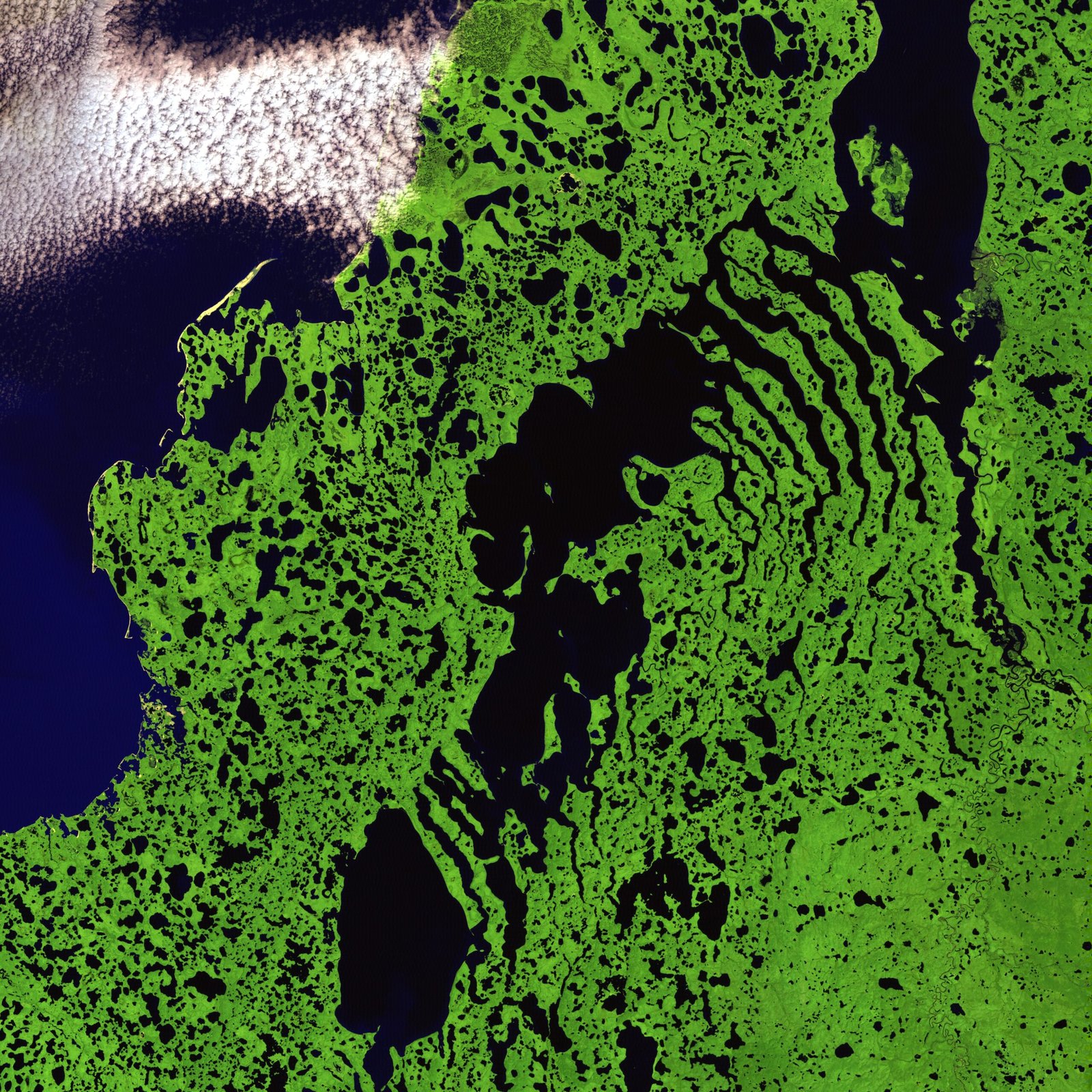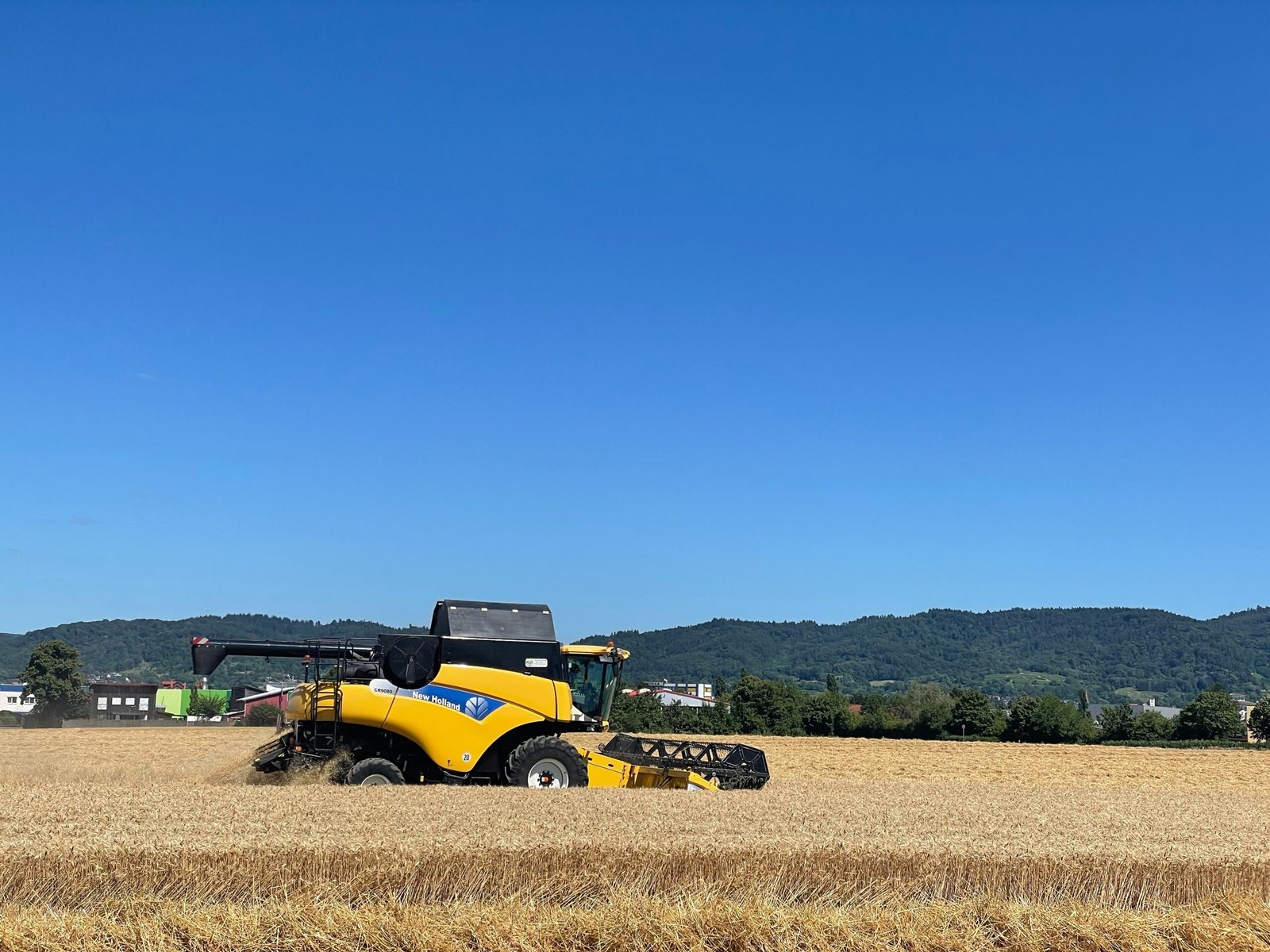Technology has revolutionized almost every industry, and the wine industry is no exception. Vineyards around the world are embracing technological advancements to improve their processes and enhance the quality of their wines. In this article, we will explore the various ways technology is making a significant impact on vineyards.
1. Precision Agriculture
Precision agriculture, also known as smart farming, is a concept that utilizes technology to optimize farming practices. In vineyards, precision agriculture involves the use of sensors, drones, and satellite imagery to monitor and manage crops more efficiently.
Sensors placed in the soil provide real-time data on moisture levels, temperature, and nutrient content, allowing vineyard owners to make informed decisions about irrigation and fertilization. Drones equipped with cameras and sensors can capture detailed images of the vineyard, helping identify areas that require attention, such as pest infestations or disease outbreaks.
2. Vineyard Management Software
Vineyard management software has become an invaluable tool for vineyard owners and managers. These software solutions help streamline operations, improve efficiency, and optimize resource allocation.
With vineyard management software, vineyard owners can track and manage every aspect of their operations, from vineyard planning and planting to harvest and production. The software provides insights into crop health, weather conditions, and labor management, allowing vineyard owners to make data-driven decisions and maximize productivity.
3. Grape Sorting Technology
Grape sorting is a critical step in the winemaking process. Traditionally, this task was done manually, requiring a team of workers to meticulously sort through grapes to remove any damaged or unripe ones. However, technology has automated this process, saving time and improving accuracy.
Grape sorting machines use advanced imaging technology to analyze each grape and remove any undesirable ones. This ensures that only the highest quality grapes make it into the production process, resulting in better wines.
4. Climate Monitoring
Climate plays a crucial role in grape cultivation, and technology has made it easier for vineyard owners to monitor and adapt to changing weather conditions. Weather stations equipped with sensors provide real-time data on temperature, humidity, and rainfall.
This information helps vineyard owners make informed decisions about irrigation, disease prevention, and harvest timing. By closely monitoring the climate, vineyard owners can optimize grape quality and quantity.
5. Wine Production Technology
Technology has also made advancements in wine production, improving the efficiency and consistency of the process. Automated fermentation systems, temperature-controlled storage, and bottling machines have streamlined production and reduced the risk of human error.
Additionally, advancements in wine analysis technology have made it easier to monitor and control the fermentation process, resulting in more consistent and high-quality wines.
In conclusion, technology has had a profound impact on vineyards, revolutionizing the way they operate and improving the quality of their wines. From precision agriculture and vineyard management software to grape sorting technology and climate monitoring, these advancements have transformed the wine industry. As technology continues to evolve, we can expect even more innovations that will further enhance the art of winemaking.



